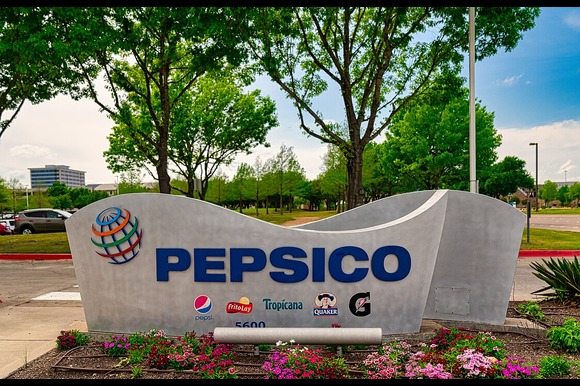On Thursday, PepsiCo revised its annual profit outlook downward, citing increased production costs and heightened volatility stemming from President Donald Trump’s fluctuating trade tariffs. Shares dropped by 2.4 percent in premarket trading following the company’s first quarterly profit shortfall in over five years. PepsiCo now anticipates a 3 percent decline in core earnings per share for fiscal 2025, a shift from its earlier prediction of a modest increase.
Last year, the company reported earnings per share of $8.16. CEO Ramon Laguarta stated, ‘Looking forward, we foresee greater volatility and uncertainty, especially concerning global trade developments, which we believe will elevate our supply chain expenses.’ He mentioned that the company is planning mitigation strategies to manage these increased costs, although he did not provide specific details.
PepsiCo, along with other consumer goods firms, is already dealing with rising product prices due to previous increases aimed at countering costs associated with supply chain disruptions during the COVID-19 pandemic. On an adjusted basis, the company reported earnings of $1.48 per share in the first quarter, falling short of the $1.49 estimate according to LSEG data. US packaged food companies with extensive international operations are preparing for a decline in earnings due to Trump’s broad tariffs on trading partners, as many rely on imports for both raw materials and finished products.
PepsiCo operates two food manufacturing facilities in Mexico and two concentrate production sites in Ireland. The 25 percent tariffs imposed on steel and aluminum in the United States, effective from March, may negatively impact the company’s profit margins.
In the first quarter, organic sales volumes decreased by 2 percent, as the company noted that promotional efforts for snacks and beverages are taking longer to stimulate consumer demand.Laguarta also highlighted that consumer conditions in various markets remain weak and present an uncertain future.The revenue for the snacks and beverage giant declined by 1.8 percent, totaling $17.92 billion, which was slightly above analysts’ average forecast of $17.77 billion.






